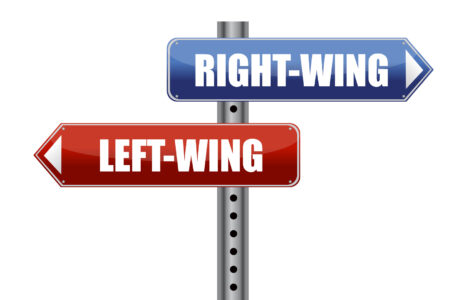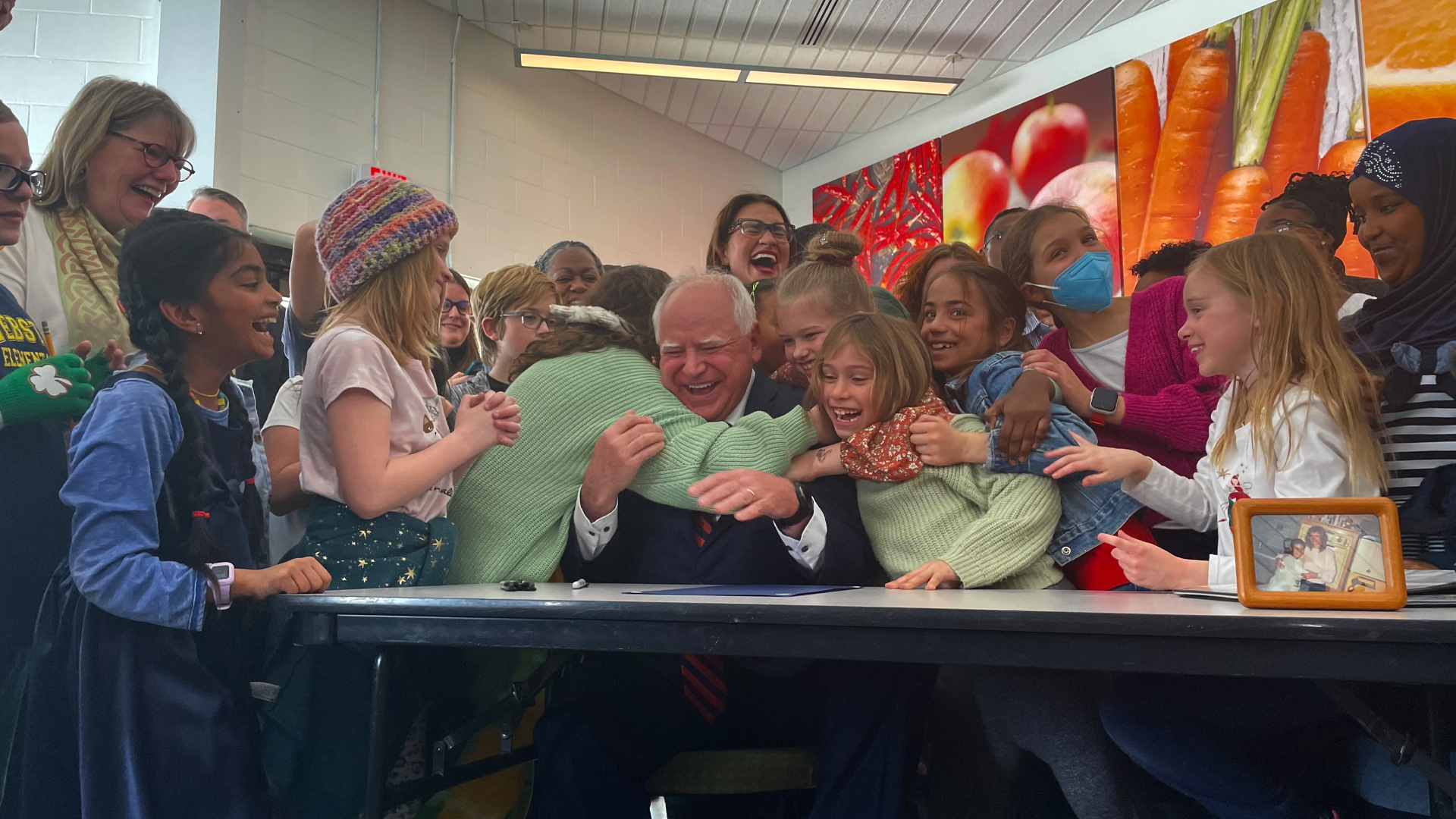
(Version française disponible ici)
At the end of May, Barack Obama retweeted a MinnPost article reviewing the just-concluded session of the Minnesota State Legislature, adding that the session’s remarkable record reminded us that elections really can have consequences.
Tim Walz, the state’s Democratic governor, called it the most successful legislative session in Minnesota’s history. Why the enthusiasm?
In the five months from Jan. 3 to May 22, legislators took Minnesota in a substantial progressive direction. Armed with new majorities in the state Senate and House of Representatives, Democrats passed legislation right from the start reaffirming the fundamental right to abortion in response to the Supreme Court’s recent overturning of Roe v. Wade. A companion law protects women who would come from elsewhere in the country to obtain an abortion in Minnesota. A new law has also been passed to protect the rights of transgender people.
At the same time, measures were taken to restore the right to vote to people released from prison and to eliminate several barriers to voter participation. Gun control has been tightened, the recreational use of cannabis has been legalized, and a law requires electricity companies to be carbon-neutral by 2040.
Substantial investments have been made in schools, social housing, child care, long-term care and infrastructure. An insurance program for loss of income due to illness was introduced, access to higher education became free for low-income households, and a universal program offering free school meals to all was introduced.
Various measures have also been taken to curb employers’ offensives against unions and better protect working conditions, particularly in slaughterhouses and new-economy companies such as Amazon and Uber.
These new provisions add up to the most ambitious labour law reform in the state’s history, according to Bernier Burnham, president of the Minnesota AFL-CIO – the local branch of the country’s largest union.
All of these developments are a lesson in the real possibility of change even with a polarized electorate.
Electoral hat trick
This impressive legislative record was made possible by the Democrats’ triple victory in November 2022, which gave them what Americans call a “trifecta,” which grants them the governorship and a majority in both legislative chambers, the House of Representatives and the Senate. In Canada, we’d call it a Democratic hat trick.
But means do not always guarantee ambition. In California and New York, the Democrats are regularly in a position of strength, but they tend to get lost in internal squabbles and stall. In Michigan, the Democrats also scored a hat trick in 2022 but proved much more timid. To stay with the hockey metaphors, they adopted a rather defensive game, notably hesitating to change the anti-union laws put in place by the Republicans.
New York Magazine reporter Eric Levitz identifies three factors to account for the Minnesota Democrats’ singular effectiveness: a narrow victory, a solid budget surplus and a keen awareness of a unique opportunity.
A slim but united majority
The Minnesota Democrats’ hat trick came down to the wire, with a majority of just one seat in the Senate and six in the House of Representatives. Still, this slim majority ensured a cohesive vote, especially as in the House, Democrats lost three more abortion-averse rural representatives and gained three new seats in the Minneapolis-Saint Paul suburbs.
Like the rest of the U.S., Minnesota is politically divided between the more diverse and progressive urban areas and the more conservative rural areas. The 2022 election strengthened the Democrats’ foothold in the Twin Cities of Minneapolis and Saint Paul. As a result, the progressives of the Democratic-Farmer-Labor Party, the official name of the Minnesota Democratic Party, didn’t have to deal with a Joe Manchin, the Democratic senator from West Virginia who almost always votes against his party.
Surpluses for spending
In 2023, the Democrats also had a significant budget surplus. Propelled by federal transfers introduced during the pandemic, and then by a very low unemployment rate, Minnesota had one of the most favourable budget situations in the country this year, with a surplus of $17.5 billion, a tidy sum for a state with a smaller population than Quebec. This situation enabled elected officials to increase state spending by 40 per cent without substantially raising taxes.
It’s now or never
Last but not least, in a state that is always politically competitive – a fairly typical “swing state” – the Democrat leaders were able to cultivate the idea that “you (might) only govern once.” As Governor Tim Walz pointed out, “you don’t win elections to bank political capital. You win elections to burn the capital to improve lives.” Put another way, you have to make the reforms you want when you can, betting on the fact that if the challengers come back, they probably won’t have all the power and will be hard-pressed to undo everything.
A political lesson
American politics often appear hopeless: polarization of the electorate around issues that are often more symbolic than concrete, inability to offer social protections and services commensurate with a rich, democratic country, and a political landscape that leaves plenty of room for two aging leaders.
Recent developments in Minnesota offer a refreshing perspective in this respect, showing the real possibility of change, even in a society polarized between a progressive urban electorate and a conservative rural one.
Perception and reality across Canada’s urban-rural divide
By systematically countering the Republican policies of recent years on women’s, workers’ and minority rights, the “Minnesota model” appears ambitious and rich in possibilities.
Of course, much remains to be done. Minnesota, it should be remembered, is also the state where George Floyd was killed by police, and where racial discrimination is still very much alive. But the Democratic activism of recent months suggests that things can change, sometimes quite quickly.








